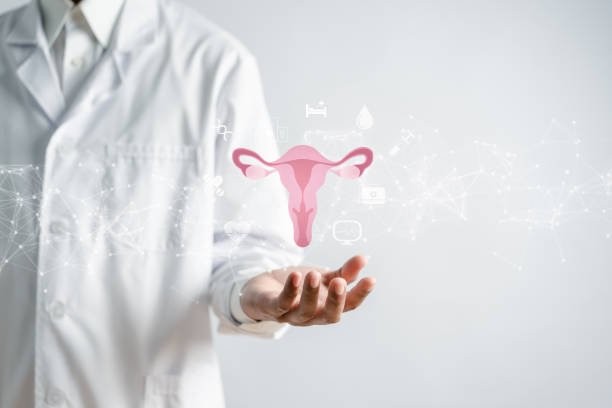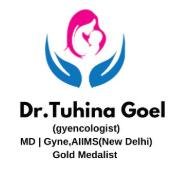PCOD and PCOS
Polycystic Ovary Disorder (PCOD) and Polycystic Ovary Syndrome (PCOS) are common hormonal imbalances affecting women of reproductive age. While the two conditions share similarities, PCOS is considered a more severe metabolic and hormonal disorder. In both cases, the ovaries produce higher-than-normal levels of androgens (male hormones), which can interfere with ovulation and lead to symptoms such as irregular periods, weight gain, acne, excessive hair growth, and difficulty conceiving. These conditions are often linked to insulin resistance and lifestyle factors, making early diagnosis and effective treatment essential for long-term health and fertility.
Symptoms and Causes
Women with PCOD/PCOS may experience a variety of symptoms, including missed or irregular menstrual cycles, heavy bleeding, thinning hair, oily skin, and mood changes. Fertility challenges are common due to irregular ovulation or absence of ovulation. The exact cause of PCOD/PCOS is not fully understood, but a combination of genetic, hormonal, and lifestyle factors plays a significant role. Family history, high insulin levels, and inflammation in the body can contribute to the development of this condition. Understanding these underlying factors is the first step toward managing and overcoming the disorder effectively.


Comprehensive Diagnostic Approach
Accurate diagnosis of PCOD/PCOS is crucial for tailoring an effective treatment plan. The evaluation typically involves a detailed medical history, physical examination, blood tests to assess hormone levels, and an ultrasound scan to check the size and appearance of the ovaries. Additional assessments may be performed to evaluate insulin resistance, thyroid function, and metabolic health. By identifying the specific hormonal and metabolic imbalances, we can create a targeted plan that addresses both the symptoms and the root cause of the condition.
Effective Treatment Options
Treatment for PCOD/PCOS focuses on regulating menstrual cycles, reducing symptoms, and improving fertility where desired. Lifestyle modifications such as a balanced diet, regular exercise, and weight management are often the first line of treatment, as they can significantly improve hormonal balance. Medications may be prescribed to regulate periods, stimulate ovulation, reduce insulin resistance, and manage acne or hair growth. For women trying to conceive, fertility treatments such as ovulation induction or assisted reproductive technologies (like IVF) may be recommended. Our approach combines medical expertise with personalized care to ensure long-term results and improved quality of life.

Our Expertise in PCOD/PCOS Care
We specialize in providing comprehensive and compassionate care for women with PCOD and PCOS. Our team of experienced gynecologists, endocrinologists, and nutrition experts works together to create holistic treatment plans tailored to each patient’s needs. We focus not only on symptom relief but also on addressing the root causes to restore hormonal balance and protect long-term health. With advanced diagnostic tools, evidence-based treatments, and continuous patient support, we help women regain control of their health, improve fertility, and lead a more confident, balanced life.
